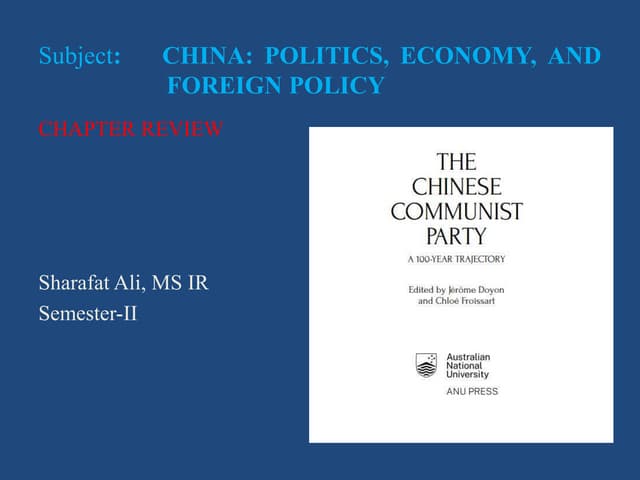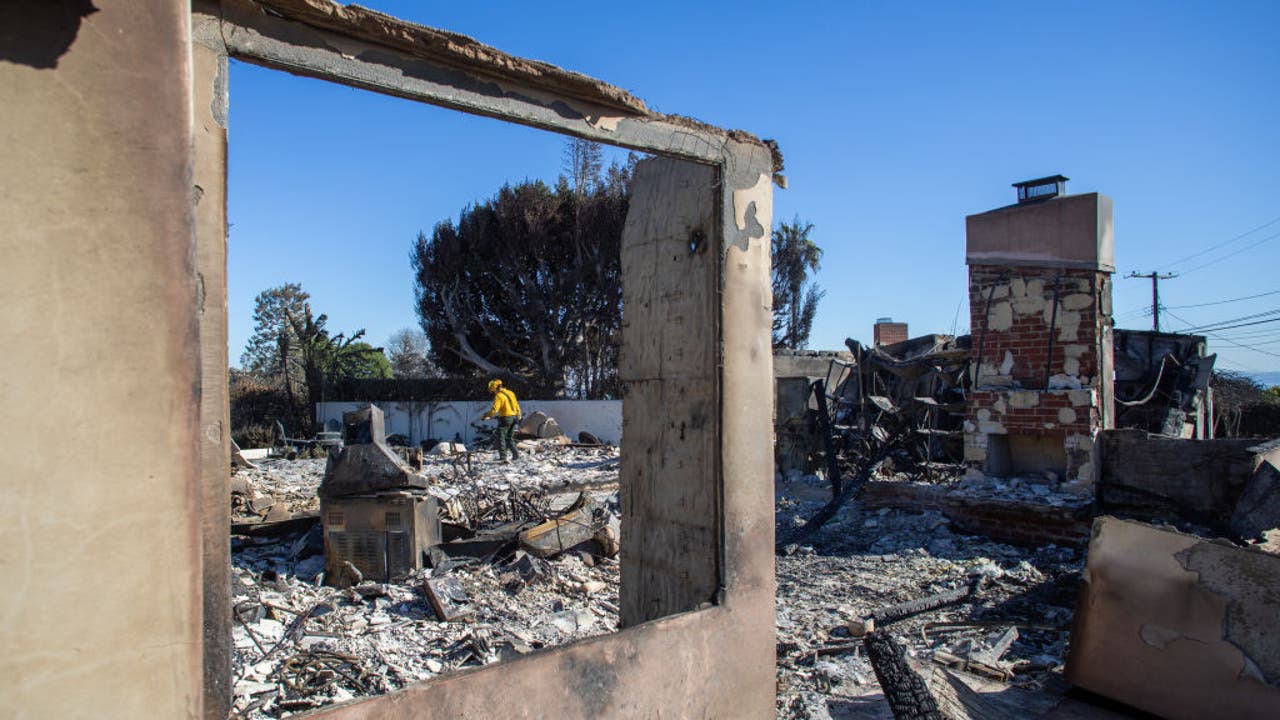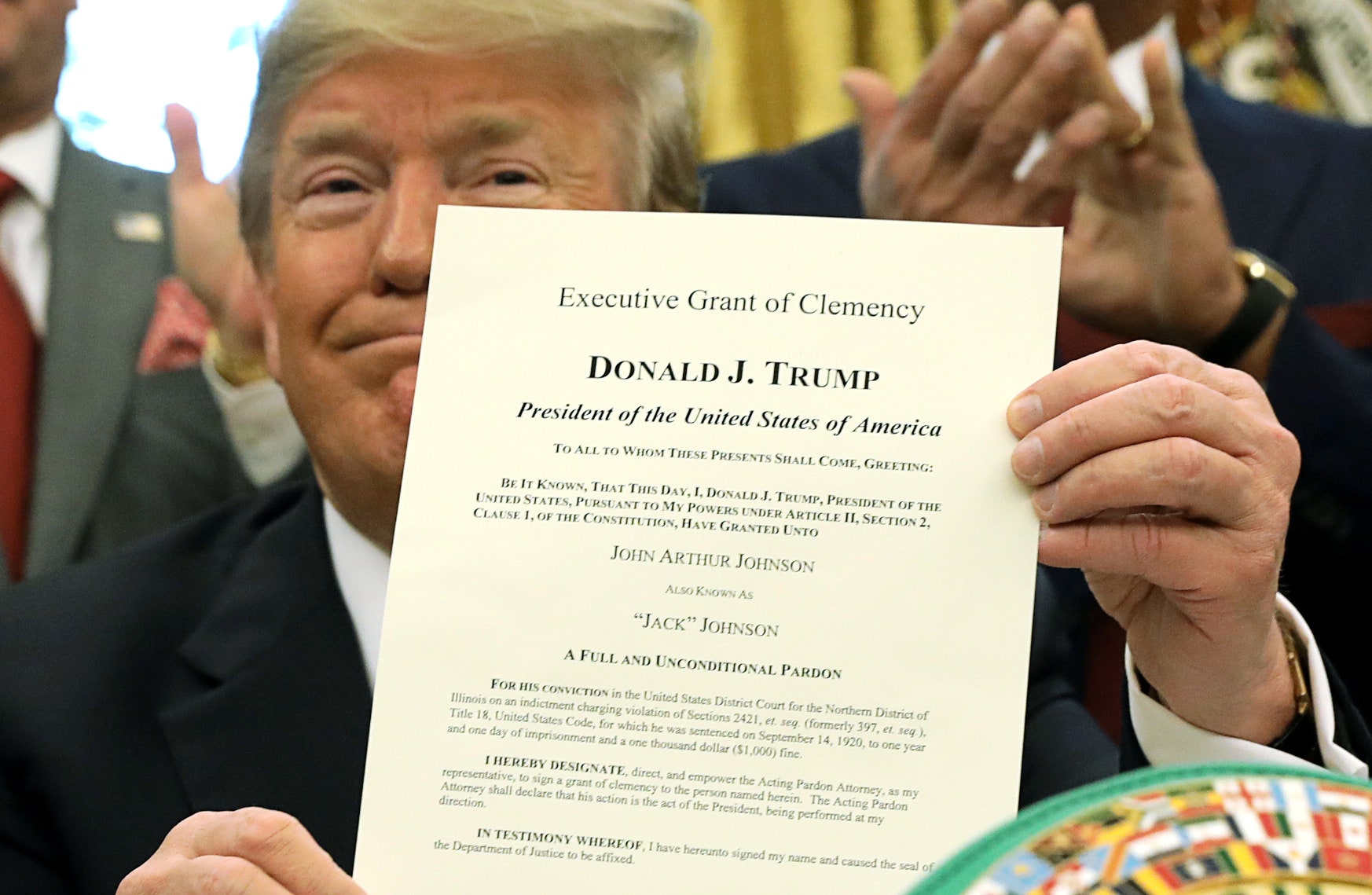Top Universities Unite: A Private Resistance To Trump's Agenda

Table of Contents
The Trump administration's agenda, encompassing controversial stances on immigration, environmental regulations, and funding for higher education, sparked widespread concern within the academic community. Policies like the travel ban, significant cuts to scientific research budgets, and the rollback of environmental protections were seen as direct attacks on core university values and their ability to conduct unbiased research and provide a safe and inclusive learning environment. This created a climate where the traditional independent operation of elite universities gave way to a new era of coordinated resistance.
The Rise of Collective Action Among Elite Institutions
Historically, prestigious universities often operated in relative isolation, competing for prestige and resources. However, the perceived threats emanating from the Trump administration fostered an unprecedented level of collaboration. Elite institutions, recognizing the gravity of the situation, began to pool resources, share strategies, and engage in collective action on an unprecedented scale. This unity was evident in the formation of new consortiums, the release of joint statements condemning specific policies, and the launching of coordinated legal challenges.
- Universities Involved: The collaboration involved leading universities such as Harvard, Yale, Stanford, MIT, Princeton, the University of California system, and many others. These institutions, representing a significant portion of America's intellectual capital, demonstrated a united front.
- Types of Collaborative Actions: These institutions filed amicus briefs in Supreme Court cases related to immigration and environmental protection. They also engaged in joint funding of research projects specifically designed to counter the impacts of Trump administration policies, such as climate change denial.
- Formal and Informal Networks: While not always formally structured, informal networks of communication and cooperation emerged, allowing for a rapid and effective response to emerging threats.
Focus Areas of Resistance: Immigration and Sanctuary Campus Policies
One of the most significant areas of resistance involved the Trump administration's immigration policies. Many universities declared themselves "sanctuary campuses," publicly committing to protecting undocumented students and scholars from deportation. This stance was met with both praise and legal challenges.
- Examples of Sanctuary Campuses: Numerous universities, including Harvard, Yale, and many California universities, actively worked to protect undocumented students and provided legal assistance and resources.
- Legal Challenges: The designation of sanctuary campuses led to legal battles, with the government attempting to limit universities’ ability to shield undocumented individuals.
- Student Activism: Student activism played a crucial role in pushing universities to adopt sanctuary campus policies and in supporting affected students.
Fighting for Environmental Protection and Scientific Integrity
The Trump administration's rollback of environmental regulations spurred intense resistance from top universities. These institutions, home to leading climate scientists and environmental researchers, launched numerous initiatives to counter climate change denial and advocate for stronger environmental protections.
- Research Initiatives: Universities intensified research efforts focusing on climate change, its impacts, and potential mitigation strategies, directly challenging the administration's downplaying of climate science.
- Legal Challenges to Deregulation: Universities actively participated in lawsuits challenging the legality and scientific basis of environmental deregulation.
- Public Statements and Campaigns: Many universities released public statements and launched campaigns to raise awareness about climate change and the importance of environmental protection, utilizing their platforms to inform and advocate.
Preserving Academic Freedom and Free Speech
The Trump administration's rhetoric and policies also raised concerns about potential threats to academic freedom and free speech. Universities responded by publicly defending the principles of open inquiry and the freedom to express diverse viewpoints.
- Incidents Threatening Academic Freedom: Instances of political pressure on researchers and attempts to suppress dissenting opinions prompted strong responses from universities.
- Public Statements in Defense of Academic Freedom: Universities issued statements defending academic freedom and the right of faculty and students to engage in critical inquiry without fear of reprisal.
- Measures to Protect Faculty and Students: Universities implemented measures to protect faculty and students from political pressure or retaliation for expressing their views.
The Long-Term Implications of This "Private Resistance"
The coordinated resistance of Top Universities Unite during the Trump era has far-reaching consequences. This unprecedented level of collective action has potentially altered the relationship between universities and the federal government for years to come.
- Increased Scrutiny and Funding Restrictions: The united front may lead to increased governmental scrutiny and potential restrictions on funding for universities perceived as overtly political.
- Shifting Priorities in Research and Education: The experience may lead universities to prioritize research and educational programs focused on countering misinformation and supporting vulnerable populations.
- Strengthened Role of Universities as Public Advocates: The events of this period may solidify the role of universities as active participants in the public sphere, advocating for their values and engaging in political discourse.
Conclusion: Top Universities Unite: A Legacy of Resistance
The coordinated efforts of Top Universities Unite to challenge specific aspects of the Trump administration's agenda represent a significant turning point in the relationship between higher education and government. The collective action across critical areas like immigration, environmental protection, and academic freedom demonstrates an unprecedented level of collaboration among elite institutions. This united front, while potentially leading to increased scrutiny, has also reinforced the vital role of universities as defenders of democratic values and protectors of scientific integrity. This legacy of resistance underscores the importance of ongoing engagement in the defense of these principles. Stay informed about how top universities continue to unite in defense of these principles. Learn more about the ongoing efforts of leading institutions by visiting [link to relevant resources].

Featured Posts
-
 Unveiling The Ccp United Fronts Activities In Minnesota
Apr 29, 2025
Unveiling The Ccp United Fronts Activities In Minnesota
Apr 29, 2025 -
 Hollywood And Football Ryan Reynolds On Wrexhams League Return
Apr 29, 2025
Hollywood And Football Ryan Reynolds On Wrexhams League Return
Apr 29, 2025 -
 Are La Landlords Price Gouging After Recent Fires A Celebrity Weighs In
Apr 29, 2025
Are La Landlords Price Gouging After Recent Fires A Celebrity Weighs In
Apr 29, 2025 -
 Portland Concert Announcement Bob Dylan And Billy Strings With Willie Nelson
Apr 29, 2025
Portland Concert Announcement Bob Dylan And Billy Strings With Willie Nelson
Apr 29, 2025 -
 Snow Fox Operations Tuesday February 11th Delays And Closings
Apr 29, 2025
Snow Fox Operations Tuesday February 11th Delays And Closings
Apr 29, 2025
Latest Posts
-
 How You Tube Caters To The Needs Of Older Viewers
Apr 29, 2025
How You Tube Caters To The Needs Of Older Viewers
Apr 29, 2025 -
 Older Viewers And You Tube A Growing Trend
Apr 29, 2025
Older Viewers And You Tube A Growing Trend
Apr 29, 2025 -
 Why Older Adults Are Choosing You Tube For Entertainment
Apr 29, 2025
Why Older Adults Are Choosing You Tube For Entertainment
Apr 29, 2025 -
 You Tubes Growing Popularity Among Older Viewers
Apr 29, 2025
You Tubes Growing Popularity Among Older Viewers
Apr 29, 2025 -
 Full Pardon For Rose Trumps Decision And Its Fallout
Apr 29, 2025
Full Pardon For Rose Trumps Decision And Its Fallout
Apr 29, 2025
